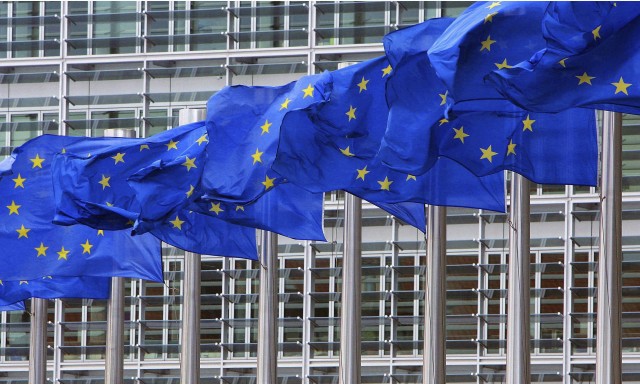On June 30, ACT | The App Association submitted feedback to the European Commission (EC) about two inception impact assessments (IIAs) related to the Digital Services Act legislative package (DSA). The DSA will update the EU’s 20-year-old eCommerce directive and address liability for user-generated content, online disinformation, as well as possible abuse of market power by online companies known as “gatekeepers”.
In the first impact assessment, regarding the creation of a “New Competition Tool”, the EC proposes four options to address structural competition concerns. While the options range in scope, all of them would create a tool that addresses competition concerns without any prior finding of infringement or harm. While the App Association supports efforts to strengthen the European digital economy, we advised the Commission against creating such a tool. We believe it may do more harm than good disrupting already competitive markets and preventing emerging markets from developing into successful ecosystems like the app economy.
The App Association requested that the EC use a well-established and data-driven evidence base for any market definition, determination of market dominance and/or abuse, or imposition of a remedy. We also encouraged the EC to identify specific market failures and to assess structural issues in detail to develop tailored remedies that are coherent with existing regulation such as the Platform-to-Business (P2B) regulation. You can read our full comments here.
The second inception impact assessment proposes options to create an “ex-ante regulatory instrument for large online platforms with significant network effects acting as gatekeepers in the European Union’s internal market”. The App Association shares the EC’s ambition to ensure a well-functioning digital single market, which is why we urged the EC to assess the proposed options with particular scrutiny and to take into account existing legislation and ongoing policy discussions on platform regulation.
We advised the EC against updating the P2B regulation before its impact has been evaluated. We also requested the EC further specify why and how regulators would be empowered to collect information from large online platforms and what that information would be used for. With regard to the introduction of a blacklist, the App Association has previously urged the EC not to introduce such a list of prohibited commercial practices. The focus should be on tackling harm, whatever form it may take, rather than on specific practices.
The Commission considers “gatekeepers” to be those very large online platforms with significant network effects that allow them to operate as the main gatekeeper between business users and citizens, and particularly those platforms that operate whole ecosystems. Because gatekeepers are not inherently bad or abusive, remedies should be imposed only to manage harmful conduct. Tailor-made remedies are the most useful option in this instance. Read our full comments here.
These opportunities to make public comments are important tools for stakeholders like the App Association to provide input on what platform regulation should look like in the future. The second stage of the public consultation period on both proposals is currently ongoing and closes on 8 September 2020. Legislative drafts of these policy proposals are expected to be announced by the EC before the end of the year.
The legislative process normally takes one to two years, so the App Association is only in the beginning stages of our efforts to bringing the voice of app makers into this debate. If you are interested in learning more about platform regulation, check out our other resource such as our platforms policy guide and our blogs on the P2B legislation and ranking transparency.
